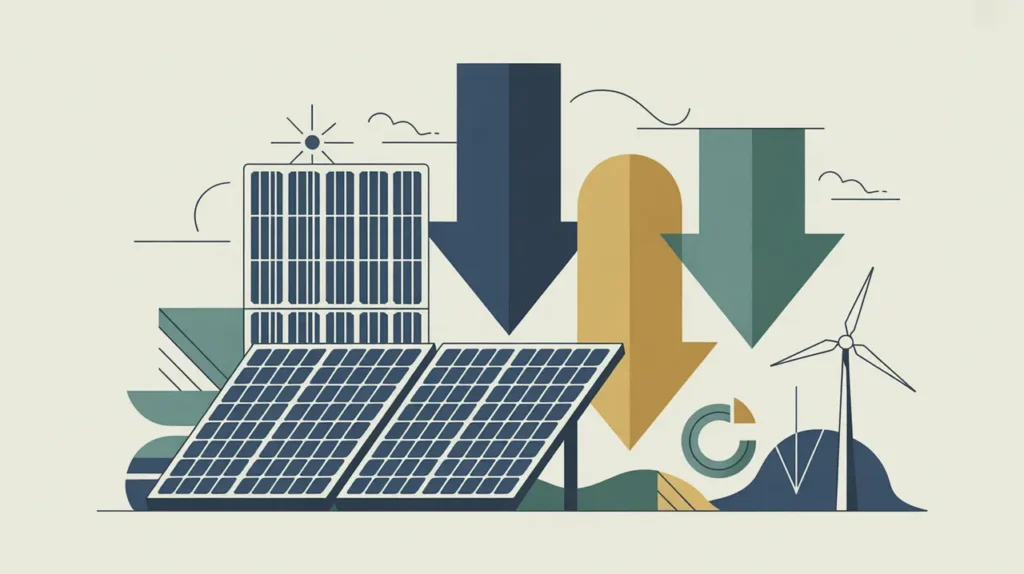Importance of Renewable Energy
Renewable energy is critical for addressing climate change, reducing dependency on fossil fuels, and ensuring sustainable access to power. In international development, it supports energy security, lowers greenhouse gas emissions, and provides affordable electricity to underserved communities. For nonprofits and social innovators, renewable energy matters because it expands access to reliable power for schools, clinics, and households, while creating green jobs and strengthening resilience. Its importance lies in driving both environmental sustainability and inclusive economic growth.
Definition and Features
Renewable energy refers to energy generated from sources that are naturally replenished and not depleted by use. Its defining features include:
- Sustainability: harnessing resources such as sun, wind, water, and biomass.
- Low Emissions: producing far fewer greenhouse gases than fossil fuels.
- Accessibility: potential to power remote or off-grid communities.
- Technological Diversity: including solar, wind, hydro, geothermal, and bioenergy systems.
How this Works in Practice
In practice, renewable energy is deployed through large-scale infrastructure projects as well as decentralized solutions. For example, governments may invest in national solar farms, while NGOs and social enterprises distribute solar home systems or mini-grids in rural areas. Development programs often combine financing mechanisms, technology transfer, and community training to expand access. Challenges include high upfront costs, intermittent supply from certain sources, and policy or regulatory barriers.
Implications for Social Innovation
Renewable energy has significant implications for social innovation because it creates opportunities for cleaner, fairer, and more decentralized energy systems. Innovations such as pay-as-you-go solar, community-owned wind farms, and renewable-powered microgrids expand access while fostering equity. For proximate actors, renewable energy provides affordable power that supports health, education, and livelihoods. Renewable energy is essential for building sustainable and resilient societies.







